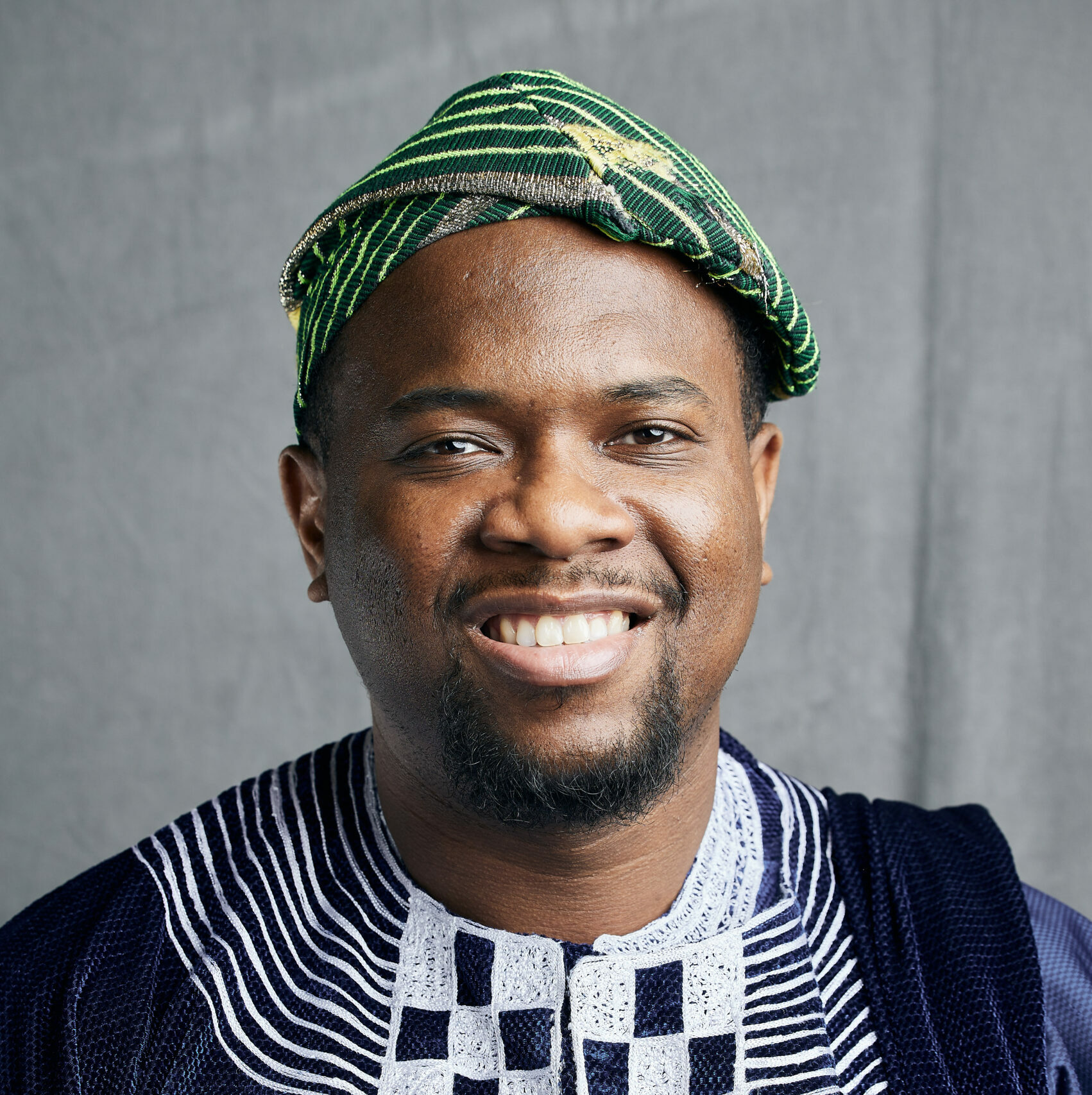Place your adverts here on InfoDig @ low rates; banner ads, sponsored links and guest articles etc. Contact us
Herbert Wigwe soared like a comet, and much like Michael Jackson once sang, he left too soon.
His passing was not just a personal loss but one that shook many lives in unimaginable ways.
For days after the shocking news, all we heard were stories from people from all walks of life about projects, calls, and humanitarian assistance that would now be left in limbo, floating at best, or sunk at worst.
Then, the stories of last-minute phone calls began to emerge. “Oh, we spoke on Wednesday,” “He called me on Tuesday,” “I saw his missed call on Saturday,” “We chatted on Monday.” It felt as though Herbert had reached out or been reached by almost every Nigerian in that final week. We heard as much during the emotional tributes that poured in.
Recently, the discussion around preserving his legacy has become a public conversation. For someone so young yet with such a vast impact, the question of his legacy is inevitable. Unfortunately, Nigerians often struggle to preserve the legacies of great individuals.
As someone who curates history and has contributed in small ways to preserving legacies through stage plays, I can say a thing or two about this subject. In researching some of these projects, I can confidently state that perhaps only Chief Olusegun Obasanjo has deliberately prepared for his immortality.
His Presidential Library, which I recommend everyone visit, is a curated journey through his life, intricately entwined with Nigeria’s history, displayed in books, exhibits, and even down to the car that took him to and from prison.
Most of the other figures I’ve had the privilege to research haven’t done much in terms of legacy preservation. Visitors are often met with dusty memorabilia and a relative narrating oral histories that may or may not be accurate, depending on the time of day.
For Herbert, his legacy spans three major phases: his work as a finance expert, his philanthropic efforts, and his family life. Each of these areas involves different stakeholders, upon whom the responsibility of preserving such a substantial legacy rests.
In understanding how this preservation might work, it’s important to recognize that Herbert, in his short life, did an excellent job of building a metaphorical Chinese wall between these three aspects, giving each area enough space to operate independently.
1. His Financial Life
Herbert, along with his brother Aigboje, co-founded Access Bank, which has grown into a global powerhouse, extending its influence worldwide.
The greatest legacy Herbert has left behind is his work at Access Bank. The continued growth and stability of the bank are a real testament to his legacy.
Some recent childish commentary questioning how his legacy is being preserved shows a misunderstanding of how these things work. The smooth leadership transition in less than 36 hours demonstrates that his legacy remains intact.
There has been no boardroom tussle, no encroachment on his stake, and his beneficiaries are not worried about their dividends or benefits. Do people expect his daughter to be named GMD/CEO before they believe his legacy is secure?
Access Bank is a publicly traded company, subject to strict regulations in all its operating markets. Despite the holdings of Aig and Herbert, the bank is governed by its shareholders, who appoint the board, as well as by its regulators.
It cannot be personalized, and every success of the bank doesn’t need to shout Herbert’s name. His legacy is seen in the bank’s continued success, not in symbolic gestures like naming products after him or erecting statues.
The most important fact is that the bank continues to thrive, unlike other institutions that have collapsed upon the founder’s death. This demonstrates the strength of the structures, processes, and corporate governance Herbert helped establish.
2. Philanthropy
 Herbert was a generous giver. In the last decade of his life, he gave emotionally and informally, leaving behind a multitude of beneficiaries. Many of these beneficiaries are now struggling to understand the formal structure he had built within Access Bank, through which they can no longer gain “real access.”
Herbert was a generous giver. In the last decade of his life, he gave emotionally and informally, leaving behind a multitude of beneficiaries. Many of these beneficiaries are now struggling to understand the formal structure he had built within Access Bank, through which they can no longer gain “real access.”
In recent years, he institutionalized his philanthropy through the HOW Foundation, focusing on youth empowerment, education, and health. HOW Foundation also owns the world-class Wigwe University and has supported numerous other initiatives. It operates under a strict governance framework, with an independent board and funding. His daughter, Toshi, was recently appointed to the board, ensuring continuity.
However, one area where his legacy may seem to be lacking is in the entertainment space. Herbert was a major supporter of music and film, yet his passing has left a significant void in this sector. I was even told that my own support came from his personal funds, which are no longer available. The absence of his involvement has left many beneficiaries—musicians, producers, fashion designers—unsettled.
3. His Family Life
Herbert left behind a will, naming his beneficiaries. There has been some tension in this area, with a lawsuit reportedly in progress. Nevertheless, the beauty of Herbert’s legacy is that each area has its own distinct stakeholders. His brother Aigboje, for example, cannot involve himself in family matters unless he has been legally appointed as an executor. Similarly, his daughter Toshi cannot join the Access Bank board unless she is elected by shareholders.
Herbert’s passing has closed the emotional loopholes that many exploited to gain benefits from him. Now, without the emotional connections, those looking for assistance must navigate the formal structures Herbert put in place.
In summary, I believe Herbert’s legacy is in good hands. His financial, philanthropic, and family affairs are being managed carefully and professionally. As for those of us who benefited from Herbert’s generosity, we also have a role to play in preserving his legacy. Whether through music, fashion, or the arts, we must honor the support he gave us.
Personally, I am organizing a tribute in my upcoming play, *Our Duke Has Gone Mad Again*, this December to immortalize him. This will be an annual event, each year focusing on a different aspect of his life. That is my contribution. What will yours be?
Duke of Shomolu
















 English (US) ·
English (US) ·